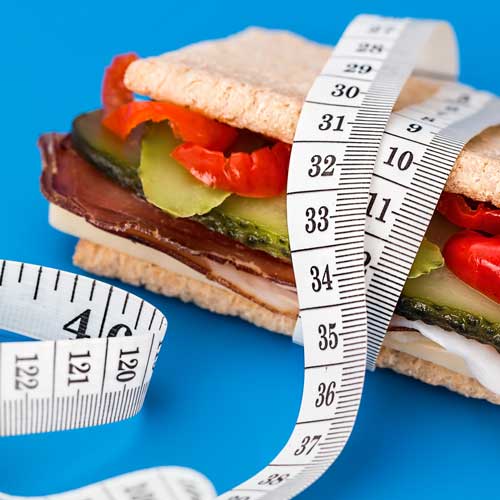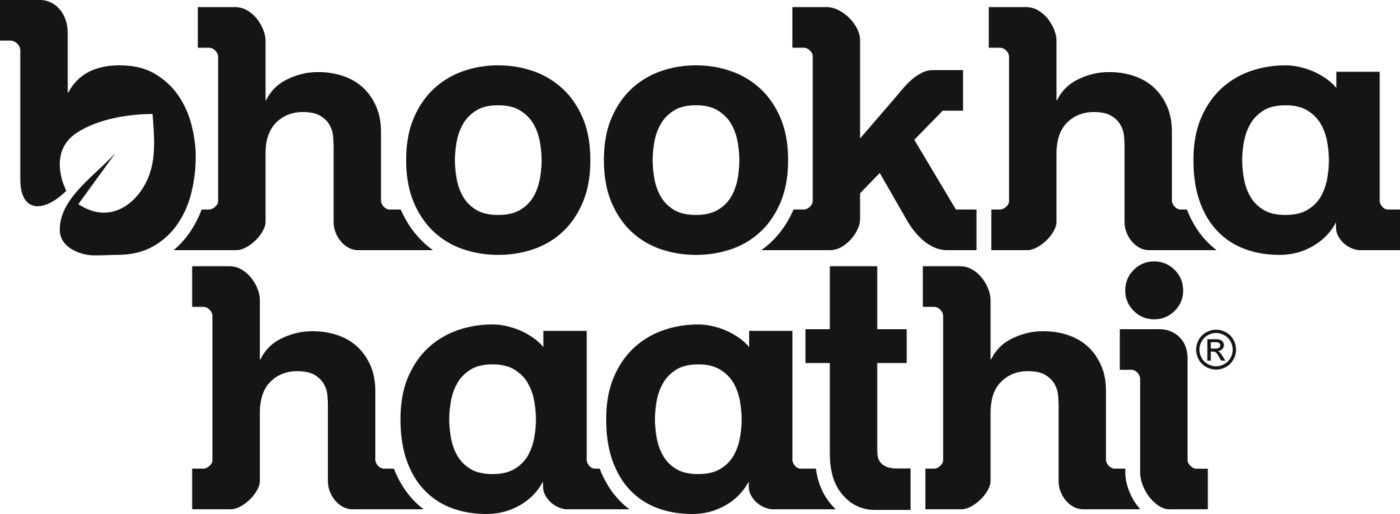
Fad diets are non-standard diets that promise dramatic weight loss. These highly restrictive and nutritionally unbalanced food choices promise short-term changes with little effort. They gain extreme popularity for a certain period of time.
Often, they are not recommended by health professionals and usually have not undergone any clinical trials or research. They have varied advantages and disadvantages and eventually go on to disappear, much like fad trends in fashion.
Those which persist usually have a devout fan following base, who swear by the specific diet and have results as proof. But the matter of concern regarding these diets lies in the fact that they have the potential to deplete our bodies of many essential nutrients without our knowledge.
The restrictive approach, regardless of whether the diet prescribes eating large amounts of high-fiber vegetables,
no grains, or no solid foods, tend to be nutritionally unsound and can cause serious health problems if followed for prolonged periods. Additionally, the weight which is “lost” is rapidly regained.
At best, fad diets may offer novel and engaging ways to reduce calorie intake, but at worst they may be medically unsuitable to the individual, unsustainable, or even dangerous.
Although fad diets may have a negative connotation for health professionals, some have scientific evidence and therapeutic applications, such as the ketogenic diet for epilepsy or caloric restriction and the Mediterranean diet for obesity and diabetes, and several producing similar benefits to commercial diets or standard care when undertaken with professional guidance.
Fad diets are often ever-changing. Some notable ones include very-low-calorie diets:
- Food-specific diets, which encourage eating large amounts of a single food, such as the cabbage soup diet
- High-protein, low-carbohydrate diets, such as the Atkins diet, which first became popular in the 1970s
- High-fiber, low-calorie diets, which often prescribe double the normal amount of dietary fiber
- Liquid diets, such as meal replacement drinks.
- Fasting
“Juice cleanses” had gained a huge amount of recognition thanks to the fact that each one those who tried it out reported immense success when it came to weight loss. Most juice cleanses cut out fat and protein completely and permit for fewer than 1,000 calories each day, making weight loss inevitable. However, that weight loss will be in the form of water, muscle, and only a small amount of fat – which is what makes it so dangerous.
If you’re truly striving to do right by your body, the best thing you can do is eat a balanced diet of unprocessed, wholesome foods along with a tall glass of fresh fruit juice. Easier said than done, right? Wanting a short cut is ok, but a juice cleanse isn’t the way to achieve that.
Some red flags of such “fad” diets include various far fetched promises like weight loss such as more than 1 kg/week. They might be nutritionally imbalanced, or highly restrictive, forbidding entire food groups or even only allowing one food or food type.
Fad diets usually provide no health warning for those with pre-existing medical illnesses and instead focus on appearance enhancement rather than health benefits.
They could promise a one-size-fits-all ‘magic bullet’ with little to no effort, without including or encouraging physical exercise / long-term whole dietary changes tailored to the specific needs of the individual.
Improving dietary habits is a societal issue that should be considered when preparing national policies, according to the World Health Organization. They propose a set of recommendations for a healthy diet:
- Achieve an energy balance and maintain a healthy weight.
- Promote the consumption of fruits, vegetables, whole-grains and nuts.
- Limit sweets and sugar.
- Limit salt from all sources and ensure that it is iodized.
- Limit total fat consumption and in particular replace saturated fats by unsaturated fats as much as possible
- Eliminate trans-fatty acids.
To be fit, one needs to keep in mind to follow a lifelong healthy eating pattern and shift the focus to variety, nutrient density and quality. Making healthier food and beverage choices offers a more holistic approach to keeping oneself in a better condition overall.
Bhookha Haathi provides subscription-based, personalized health solutions at an affordable cost to consumers who wish to substitute or replace their dependencies on expensive, strong, processed, and chemical-based products. Its offerings are 100% natural compositions based on dried fruits, nuts, herbs, spices, seeds, grains, and honey, among other whole and natural ingredients.
Written by: Jahnabee Adhikari
Jahnabee is a part-time blogger, full-time dog lover. She believes that writing actually possesses the potential to change the world. She can be often found fantasizing about poetry or buried nose-deep in a Sudha Murthy novel.



Helpful content! Genuine list